|
By Danny Fulks
|
|
| Issue #88 • July/August, 2004 |
Danny Fulks, 71, is one of those rare writers capable of painting a vivid picture of life back in another time. His stories focus on the 20s, 30s, and 40s of Ohio, Kentucky, and West Virginia, which were areas much like greater Appalachia and the South. Fulks is Professor Emeritus, Marshall University in West Virginia, and an adjunct professor at Ohio University. He is the author of Tragedy on Greasy Ridge: True Stories from Appalachian Ohio, available from amazon.com, danny.fulks@adelphia.net, and the Jesse Stuart Foundation, Ashland, KY, (606) 326-1667.
Dave Duffy

Tagg Road, a spur running north from Greasy Ridge Road. The John Clary family, circa 1904. |
|
Greasy Ridgetwenty-two miles of rugged two-lane in southern Ohio got its name from pioneers killing bears, butchering for hides, meat, lamp oil, from the 1820s through the Civil War and after. The name told the story. Not romantic like Winter Haven, Lakeview, Oak Ridge, Squaw Valley. A family with fifty-acres could get by. But they worked. Sweat of the brow. Like the Bible said. It was no place for dead beats. Surviving took grit. Elbert Davis had it. He cleared flats on fifty acres using a one-hand crosscut saw, mattock, mowing scythe, corn cutter, goose-neck hoe, hillside plow, team of work horses. Davis walking up to a big oak before dawn, looking up saying, “Mr. Oak, you son-of-a-bitch, you’re comin’ down today.” It might have been after dark, coal miner’s carbide light shining from Davis’s cap, but the tree fell.

Unidentified family, horse buggy, frame vernacular house, Waterloo, Ohio, near Greasy Ridge, circa 1900. |
|
Time never did much for Greasy Ridge. By 1920 road conditions improving, cars showing up among the buggies, wagons. Small country stores, churches, a tobacco market, pinhookers trading cured tobacco, moonshine runs, Jess Brown’s old school bus turned into a rolling store taking squawking chickens in trade for lard, sugar, salt. Wagons, buggies, expresses, Model T’s and A’s, men, women, children traveling about on foot. Doctor Elmore McGuire driving a Chrysler, seeing patients for three dollars, passing out dope in white envelopes, delivering babies for a mess of green beans. Tombstones with little concrete lambs marking the graves of children in family graveyards. Families of ten in fall becoming nine in winter. Eight the next year. Grandpas and grandmas dying at home, children bewildered, looking on, smelling medicine, salve melted in a spoon over a kerosene lamp, wick flickering. Hot coal fires blazing in fireplaces through the night, snow piling on doorsteps, wind blowing through cracks. Kids snuggling in big, mohair chairs, couches, hearing mournful prayers. Undertaker Clifford Wells getting out of bed, harnessing horses, picking up the corpse in a horse-drawn hearse, bringing it back to the house next day, kin and neighbors sitting up with the body, grieving through the preacher’s sermon in the church, grave diggers easing the coffin into a wet grave.

Long since gone broke, this store on Greasy Ridge belonged to Wilbur Dunfee, a physically handicapped person affectionately called Hop-And-Half. |
|
Elbert Davis, wife, kids getting by on Greasy Ridge. One of a hundred families living off the land. Hunters, gatherers, white Protestant Republicans, all. Trees, shrubs giving up hickory nuts, walnuts, hazel nuts, chestnuts, papaws, persimmons, grapes. Workers tending cherry, peach, apple, quince trees, canning in Mason jars for winter, serving children treats with toppings of rich cream from crocks in rock cellars. Jersey cows giving milk, having baby calves in the spring selling for a quarter a piece at market, keeping one for butchering. Natural springs along the steep hills leading to Buck Creek providing watering holes for wild life, people, livestock. Wild, black raspberries vines stretching in shade over the creek safe from ground hogs, people. Food so good even the rich were envious. Women drawing water from cisterns, men grubbing flats into new ground, following horses behind a hillside plow. Tobacco, wheat, corn, watermelons, muskmelons, strawberries springing up green in long rows. Honeysuckle, ragweed, crab grass creeping into fields in the night. Weeds, brush, trees, vines fighting to take clearings back. Long shadows falling at the confluence of Piss Trough and Buck Creeks, men trolling for catfish, sunfish, suckers, soft-shelled turtles. Ducks laying eggs near water, some falling in, glistening against gravel. Milkweed seeds floating in the wind, nuts riding on water traveling to fertile spots downstream. Copperheads making lairs under rusting hay rakes. Hornets restless in big, gray nests hidden high among tree leaves. Honey bees carrying nectar from cannas to their homes. Hawks winging toward the ground eyeing baby chickens. Humming birds, hovering in mid-air, beaks inside blue morning glories. City people driving through Sundays in Hupmobiles, buying tomatoes, looking for places to hunt.

Hand hewed rock cellar on Williams Creek, near Greasy Ridge, Gallia County, Ohio, built circa 1910. Family cellars were used to store milk, potatoes, apples, canned goods, turnips. |
|
Skilled men and women gathering, preparing food. Elbert Davis’s wife, Gladys, serving fried chicken for breakfast. Gladys squeezing blood from chicken livers served soft, brown, cut up easy with a fork. Tasty, like a French cook fixes snails. Opening and scraping the chicken’s gizzard, cleaning it, leaving nothing for cats but legs, head. Cash money hard to come by but the white leghorn pullets, foraging for food on the land, by the water, free range, fried up in lard made a crispy, delicious setting. Middle of the table where folks could reach in. Biscuits, gravy, jams, jellies, coffee on the side, pork cracklingsenergizing all for day’s work, play. Children taking sausage biscuits to school in lard buckets, cold, still good. Butchering hogs, cutting them up, smoking, salting hams. Frying up fresh tenderloin, gourmet food, high on the hog. Women turning cabbage into kraut, cucumbers into bread and butter pickles. Gardens rich, full, pretty, a few petunias, zinnias, four-o-clocks decorating the sides. Not worked for looks or places to meditate; the good earth and sun, with women’s work, producing food. Hollyhocks growing inside old car tires, kitsch to one, folk art to another. Fresh vegetables early through the summer, pumpkins, turnips in autumn, canned goods for winter. Gladys peddling away on a Singer, using feed sack goods, making shirts, dresses, tops for children. Not noticing, even though voices on radios warned of shifting sands.
Good times passing, depression coming in the 1930s, World War II following close behind. Franklin Roosevelt’s New Deal bringing towers with wires, handymen getting houses, barns ready for electricity. Price supports for tobacco creeping in. The Works Progress Administration building roads, bridges, jobs for idle men, a paycheck. Bill Hayes, a moonshiner, bootlegger, turned down for WPA, bureaucrat in Ironton sending him back to his business, telling him he doesn’t need a job. Hitler rumbling in Europe, Tojo bombing Pearl Harbor. Sugar, gas rationing. Young men receiving draft notices, joining up, looking for travel, money, adventure. Leaving behind 4-Fs, ridiculed. Elbert Davis’s two sons thinking of milking cows, growing hay, instead, serving in Uncle Sam’s Army, coming home on furloughs. Daughter Ellen, staying, taking care of aging parents, not marrying. Older men and women working, producing nitroglycerine, driving used cars, steel factories on the Ohio River smoking 24/7. Veterans returning after the war, using up their rocking chair money, going to college, migrating to northern cities, now finding life beyond the ridge, fitting in, buying new houses, settling in suburbs. Returning on Friday evenings, going back north Sunday evenings, finally breaking bonds of home, having money, kids enrolling in shiny new school buildings. On Greasy Ridge, stores, post offices, churches closing, people finding jobs in towns, moving north, strip miners setting up. New residents putting up double-wides on small plots, moonshiners leaving, weed growers coming in, others applying for jobs across the Ohio in Huntington, West Virginia.


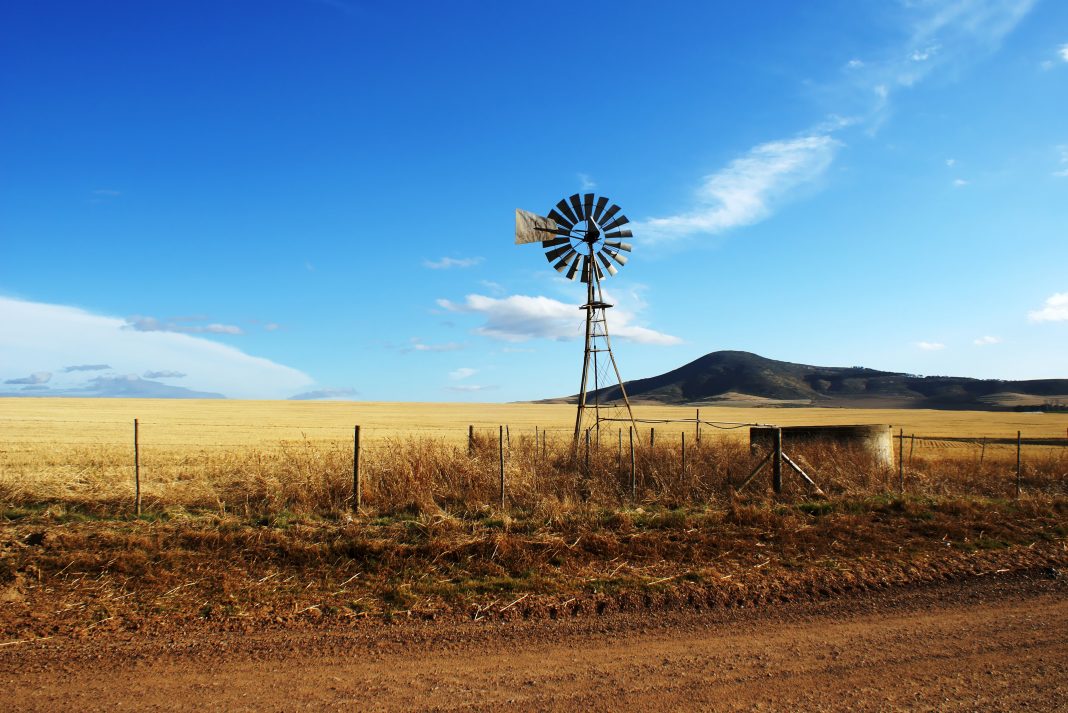




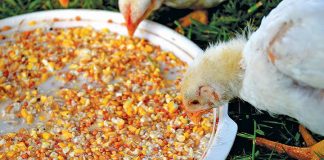
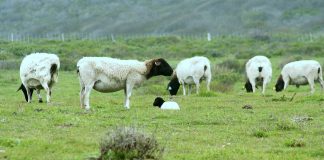





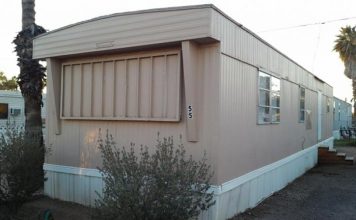
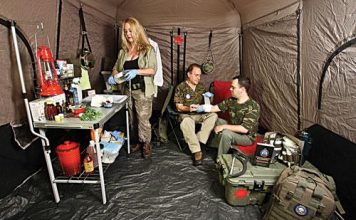
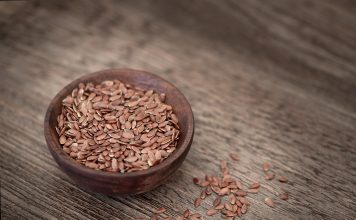

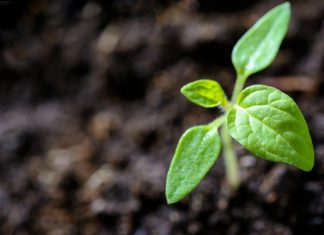
Well. This is a “different” style of writing I’ve never seen. Elaborate. Descriptive. Clear. Concise. Picture-making in my mind. As-a-matter-of-fact, word pictures. Each sentence is a word picture. I like the true-to-life picture they paint. Thanks.